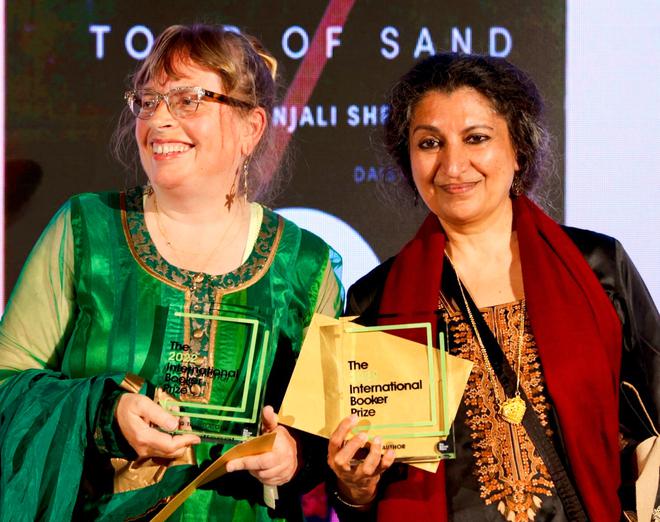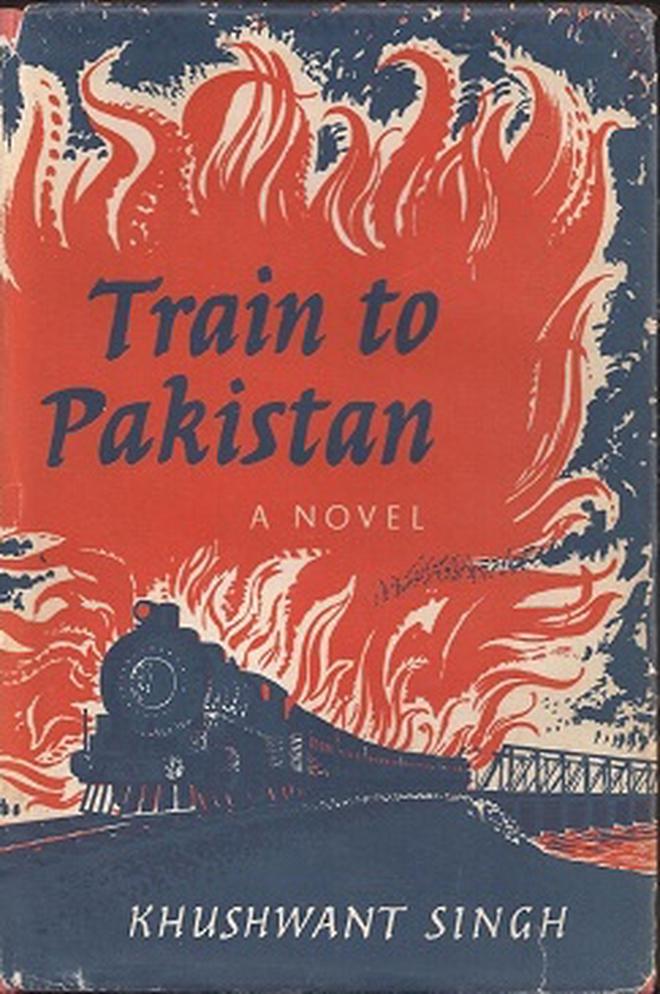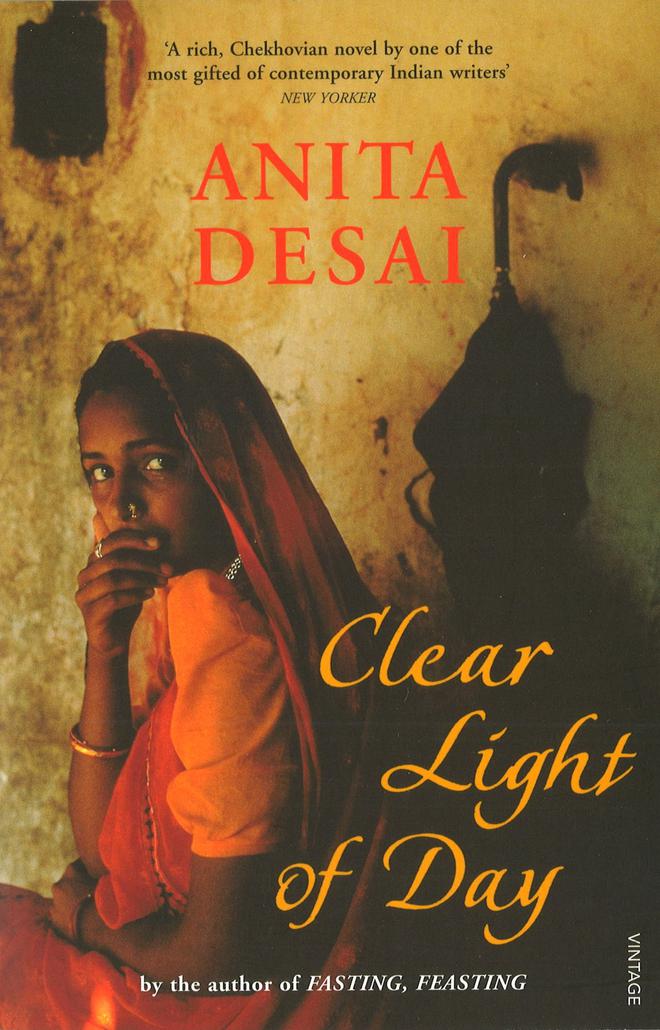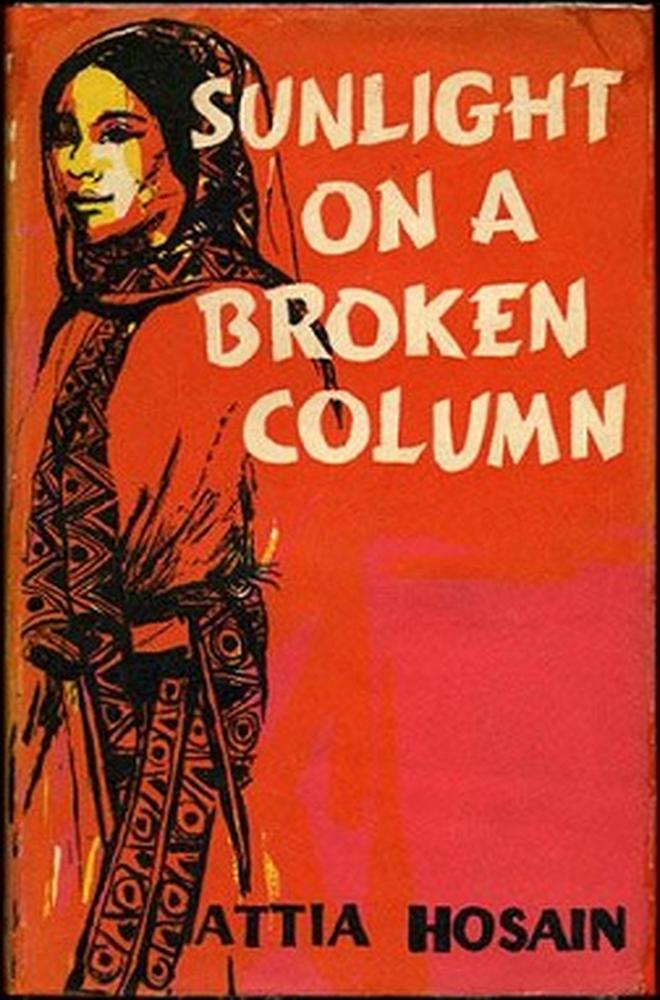Last month, an event in Agra featuring novelist Geetanjali Shree (who won this year’s International Booker Prize) had to be cancelled after a Hathras resident filed a police complaint against her. According to the complainant, Shree’s Hindi novel Ret Samadhi (translated to English by Daisy Rockwell as Tomb of Sand, which won the Booker) hurt Hindu sentiments with its passage on Shiva and Parvati. Having read the novel in both languages, I can confirm that the claim is laughable. But it’s a reminder of where we are as a society today.
One of the finest examples of Partition literature in the 21 st century, Tomb of Sand has strong, progressive views on communal violence, India-Pakistan, nation-state politics in general, and the nature of borders everywhere. And because somebody didn’t like these opinions, a trumped-up charge of ‘hurting Hindu sentiments’ has been duly whipped out. Tomb of Sand, however, deserves every award and recognition it’s receiving worldwide — an American edition is currently in the works and will be released next January. The story of an 80-year-old woman and her attempts to reconnect with her pre-Partition past in Pakistan, Tomb of Sand has dozens of memorable passages about borders and the protean nature of memory.

Memory in the context of trauma
French writer Marcel Proust is generally credited for the concept of ‘involuntary memory’ through his novel Remembrance of Things Past. These memories can be triggered by the smallest of occurrences, or even by small, everyday objects. If one looks at the Partition novels to come out of the Indian subcontinent over the last 75 years, we see several intersecting perspectives on how human memory functions, especially in the context of trauma or repression.
Published in 1956, less than a decade after Partition, Khushwant Singh’s Train to Pakistan was perhaps the first great Partition novel of them all. That it’s still considered a classic nearly seven decades after its release speaks volumes about the raw power of Singh’s writing. This is a novel that forced its readers to confront some unpalatable truths about the violence of 1947. The same blunt truth-telling that would later become a hallmark of Khushwant Singh the columnist is seen here as well.
“Muslims said the Hindus had planned and started the killing. According to the Hindus, the Muslims were to blame. The fact is, both sides killed. Both shot and stabbed and speared and clubbed. Both tortured. Both raped.”

Pakistani novelist Bapsi Sidhwa’s Ice-Candy Man (1988; published in the U.S. as Cracking India) is another novel that understands the nature of repressed memories quite well. We first meet its protagonist Lenny as a middle-aged woman who’s remembering scenes from her childhood — like the author herself, Lenny is a polio-stricken 9-year-old in Lahore at the time of Partition. A child notices when adults are being evasive or downplaying the intensity of an incident — but of course, there are limits to what the child can fully grasp. The novel derives much of its strength from of this ‘gap’ in perception between an adult and a child. Deepa Mehta’s film Earth was based on this novel and it’s a must-watch for history buffs.
Reopening wounds
Anita Desai’s novel Clear Light of Day (1980) is an atypical choice here, but in my view, it’s an important text because it describes the material and psychological impact Partition has on a Delhi-based family in the 1970s. Over 20 years after the incident, there are wounds that reopen and cause havoc in the family’s lives.

Attia Hosain’s Sunlight on a Broken Column (1961) is set just before and during Partition, and it describes a young woman’s slow and grudging acceptance of Indian nationalist politics and the role of the ‘secular Muslim’. Amrita Pritam’s 1950 Punjabi novel Pinjar (translated into English as The Skeleton by Khushwant Singh) sticks to a deeply personal story throughout — the kidnapping of a Hindu girl, Puro, by Rashid, a Muslim man — and yet somehow has more to say about communal politics than most outwardly ‘political’ books.
All of these books use compelling metaphors for the state of relations between India and Pakistan, just like Tomb of Sand does. As we head towards yet another anniversary of independence for these two nations, it’s worthwhile to remember this passage from the book and what it says about our respective governments.

“India and Pakistan play games. One says, it’s cricket, let them come, the other says, it’s their singer, don’t let him sing. This one says our fishermen are sitting about catching fish over there, drown them; that one says he was in the army before, now he’s a spy, skin him. And amidst all this my turn no mine no mine, visas are granted or not granted. The diplomats are such deities, they can sometimes finish the game with no preparation at all, and sometimes they keep hitting sixes and losing anyway.”
The writer and journalist is working on his first book of non-fiction.







